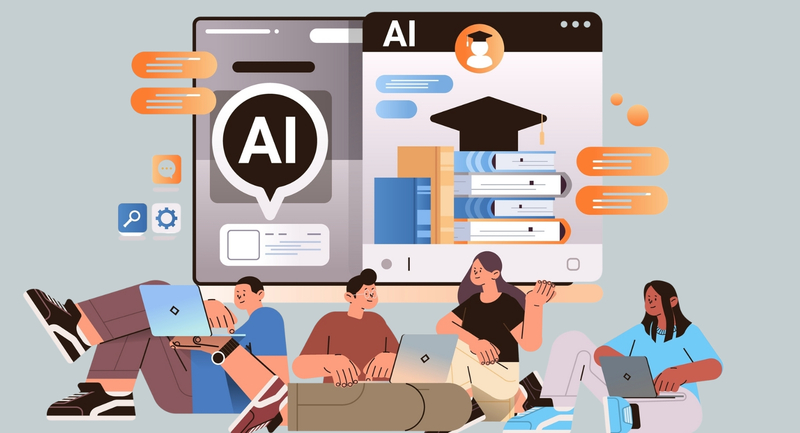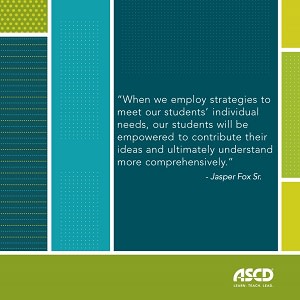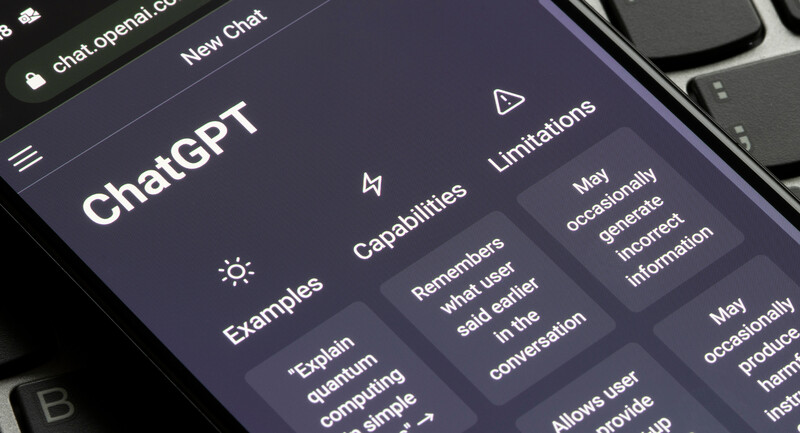For resources like this, check out Educational Leadership‘s free, online-only special issue on remote learning, A New Reality: Getting Remote Learning Right, available April 15.
As your district or school makes the shift to remote learning — trying to see the big picture and think upfront about the many decisions you’ll need to make in the process — don’t go it alone! Many resources are available that give guidance for planning how to shift your curriculum to remote learning, plan digitally delivered lessons, and tap into lesson- planning materials and learning experiences that are freely available online.
Here’s several — of the many — resource collections we’ve identified that offer such guidance.
For Getting Up and Running
Be informed and responsive: Check out ASCD’s updated collection of guidance and resources on school crisis management, safety precautions, student needs, and remote learning.
The Academy of Active Learning Arts and Sciences offers this “free emergency roadmap for making a rapid transition to remote learning.” This course was created with input from master teachers who do blended learning. Its “roadmap” hour-long video guides school leaders through answering important questions and taking 12 key steps in planning the transition. The course includes tools like a checklist of steps for administrators and one for IT managers.
For Serving Kids
A huge question is how to bring children from the 14 percent or so of families with school-aged kids who lack high-speed internet into remote instruction.
This article in the June 2016 issue of Educational Leadership —although pre-novel coronavirus — shares workable ideas for reaching rural students with no internet.
For Guidance on Using “Open Educational Resources” Effectively
This guide presents tips for using OER most effectively; it also gives ideas for overall curriculum planning using OERs.
Common Sense Media shares this open collection of quality online learning resources for educators and parents during this “remote” period. Content, connected to all disciplines, is drawn from learning (and child-centered) organizations like National Geographic, Kahn Academy, HeadStart, and Sesame Workshop.








